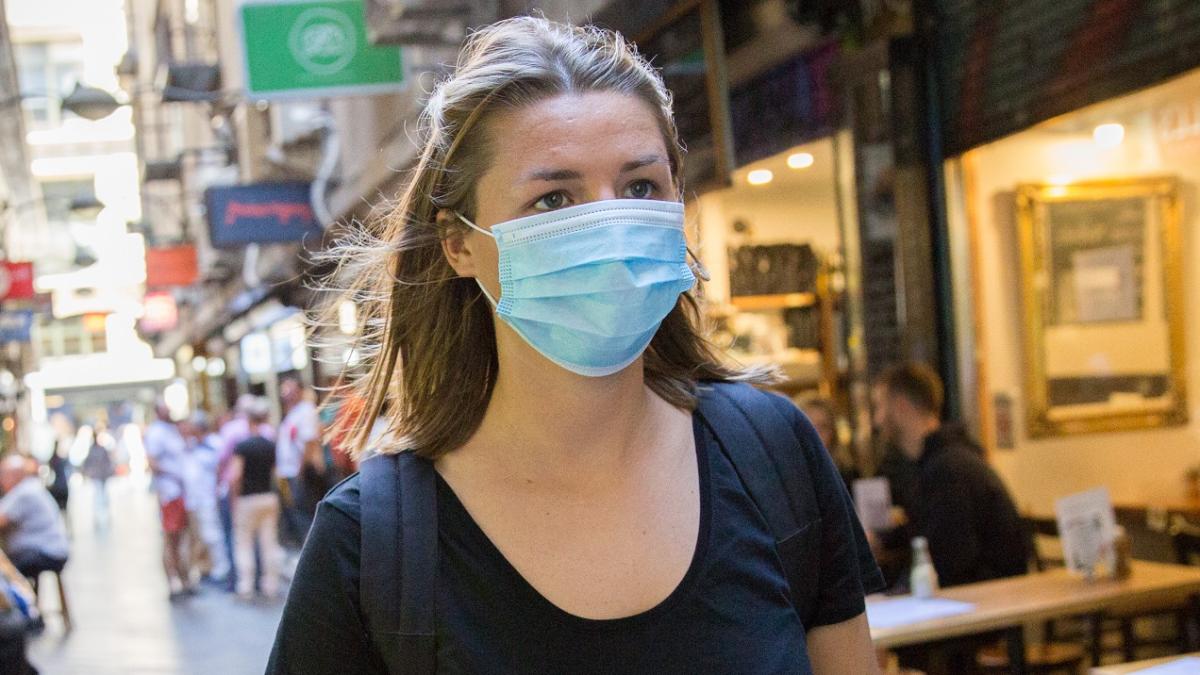
I quite enjoy being alive. At least, I appreciate having the option available to me. I imagine you might feel the same way.
The majority of Australians make pointed efforts to avoid physical harm on any given day. We avoid open flames and unexploded ordnance. We refuse to swill expired milk. We seclude ourselves indoors limit our exposure to a literal pandemic.
These sacrifices are broadly seen as necessary in the pursuit of staying alive. However, not everyone believes being alive is the best part of being alive.
For some, the best part of being alive is the economy.
In today’s edition of The Australian, Adam Creighton, the paper’s economics editor, suggests Australia’s mandatory lockdowns are a poor answer to the screaming question of coronavirus (COVID-19).
“In Australia at the very least, with so few deaths and infections, the response to the virus is starting to appear to be a damaging over-reaction,” he says.
The crux of his piece is that Australia’s death toll — that’s 61, at time of writing — isn’t that exciting. Australia’s fatalities have mostly been “quite unwell elderly people,” Creighton says, meaning there’s little reason to keep our current lockdowns in place.
It is true that lockdowns are detrimental in their own ways, and that global health crises do not spread without also damaging national economies.
Jobs have evaporated across the country, $130 billion has been earmarked for vulnerable Australians who will eventually be asked to pay it back, and the intractable problem of loneliness ripples further out with each passing day. Thanks, COVID-19.
But it is also true that Australia’s leading medical experts believe that reopening Australian society tout suite, as Creighton suggests, would lead to a humanitarian disaster.
You don’t even need to listen to the lab coats to know that’s true.
Health Minister Greg Hunt yesterday praised Australians for helping to “flatten the curve” of infections and preventing untold deaths.
If you flipped the channel, you may have seen reports from the United States, a nation which was slow to adopt “draconian” lockdowns and now carries the world’s highest COVID-19 death toll.
We have a very good idea of what would happen if these lockdowns weren’t in place. It’s not pretty.
“The longer it lasts, the harder it will be to switch the economy back on,” Creighton writes.
“The businesses won’t be there. The economy isn’t a machine like the bureaucracy but a complex set of relationships that will atrophy.”
Bodies atrophy, too.
Even now I struggle to comprehend why someone, let alone a columnist with an audience as large (and as old!) as Creighton’s would call for us to pour back into the workplace, to fill bars, restaurants, and arenas, when there’s so much real-time evidence screaming to do the opposite.
I think I have one element figured out, though: every single person who calls for lockdowns to lift before the medical experts will likely never, ever, face the hardest repercussions of this virus.
To a certain kind of person, death might remain a somewhat abstract concept. When you work with figures long enough, perhaps it all starts to feel intangible.
“Justifications for massive interventions, fiscal and civil, are dwindling,” says Creighton.
But for every contrarian columnist in The Australian, there are a thousand supermarket workers stressed out of their minds while scanning groceries.
For every precious think-tank plum who advocates for the free market to crank back into action, there’s a nurse reading through a new list of emergency protocols.
And for every Andrew Bolt, there’s a well-adjusted human with a working moral compass, who recognises COVID-19 isn’t on par with a particularly nasty flu season.
I enjoy being alive, but I don’t share their unyielding and sacrificial love for the economy. Neither should you.



